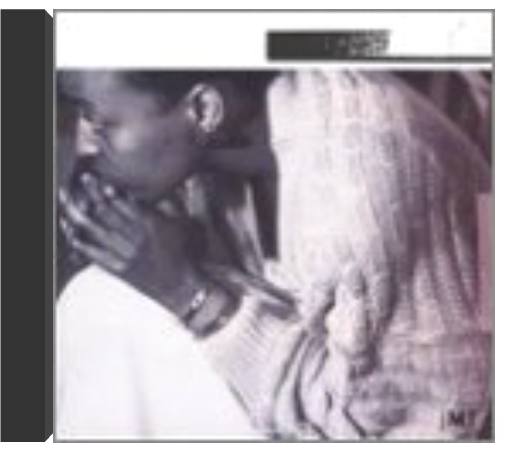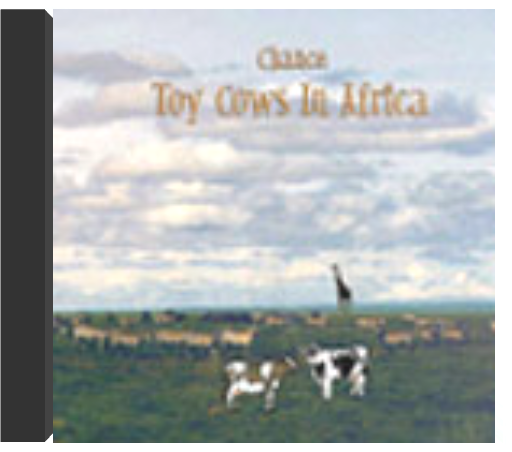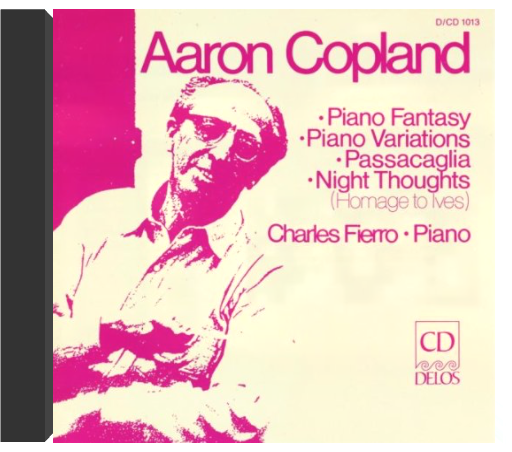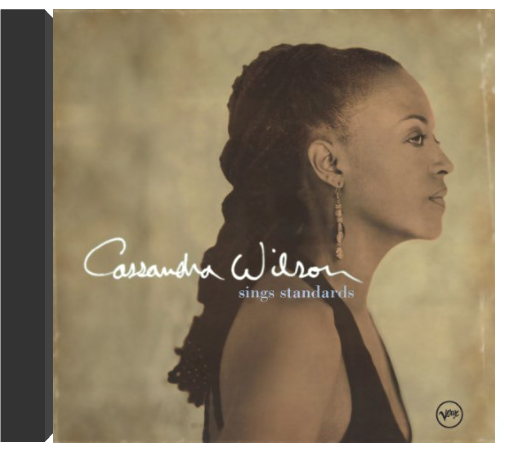 Sings StandardsCassandra Wilson Sings StandardsCassandra Wilson Japanese edition of 2002 compilation on Verve featuring 11 classics including 'Polka Dots and Moonbeams', 'I Wished On the Moon' & 'Blue Skies'. 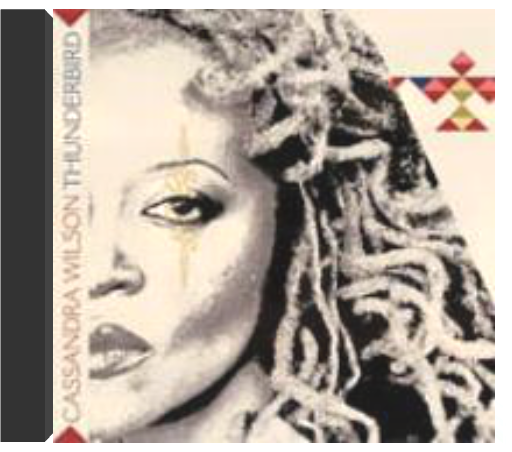 ThunderbirdCassandra Wilson ThunderbirdCassandra Wilson Japanese pressing with no extras. Cassandra Wilson never fails to surprise and inspire. Sexy, honey-velvet vocals wrapped around her own jazzy blue compositions or inventive interpretations of others' material led TIME magazine to name her "America's Best Singer" in recent years. On this, her 7th album for Blue Note, she has collaborated with red hot producer T Bone Burnett to surprise, yet again. Blue Note. 2006. 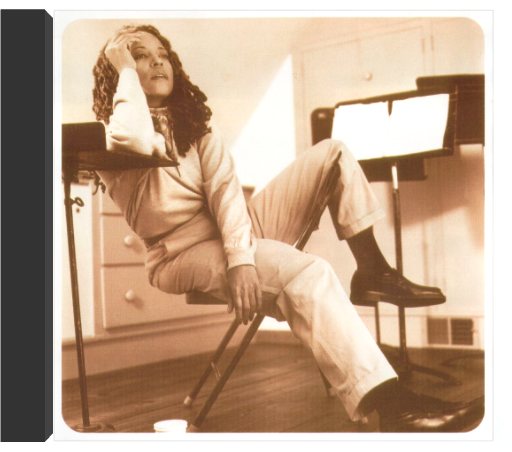 Traveling MilesCassandra Wilson Traveling MilesCassandra Wilson Cassandra Wilson's tribute to Miles Davis, Traveling Miles, is nothing if not ambitious—easily on par with the other slew of Davis tribs. Covering the great trumpeter's long career is alone quite a challenge, but Wilson sets her goals even higher by writing new lyrics and arrangements that make these tunes her own. The result is a pleasure that ends up capturing Wilson's spirit as well as Davis's. Never one to hew to traditional jazz's formats, Wilson adds acoustic and slide guitars, percussion, harmonica, and other instruments that give the album an enormously varied feel. "Right Here, Right Now," with its strummed and slide guitars, wouldn't sound out of place on a Joni Mitchell album, and her intriguing cover of Cyndi Lauper's "Time After Time" (covered by Davis in 1985 on You're Under Arrest), is delicately mournful. Not that Wilson has left jazz behind: the swinging version of "Seven Steps to Heaven," with guest solos by violinist Regina Carter and vibraphonist Stefon Harris, whose 1998 debut was one of the year's promising releases, is a highlight. And Wilson's version of the Davis classic "Blue in Green" (here titled "Sky and Sea"), is just plainly beautiful. Her deep and soulful voice remains as compelling as ever through the many moods and colors, deepening the uniqueness of her take on the Miles songbook. Exactly the way Miles would have wanted it. —Ezra Gale 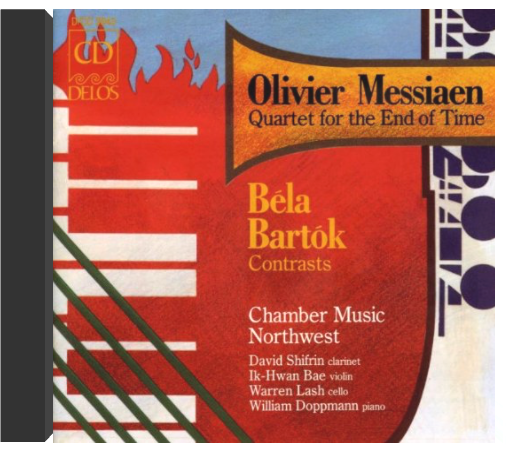 Messiaen: Quartet for the End of Time/Contrasts [IMPORT]Chamber Nusic Northwest Messiaen: Quartet for the End of Time/Contrasts [IMPORT]Chamber Nusic Northwest Oliver Messiaen's Quartet for the End of Time (1940) and the outbreak of World War II essentially ended the dominance in French music of Les Six and the French Impressionists. Messiaen wrote the Quartet while he was in a German prison camp. He premiered the work in front of 5000 inmates. Bela Bartòk, on the other hand, was forced into a heart-breaking exile in America for the war's duration. Bartòk's Contrasts (1940) was his last commissioned work before he left Hungary, commissioned for Benny Goodman. It's a brilliant virtuoso role for the clarinetist, who recorded it that year. Both are classics. —Paul Cook 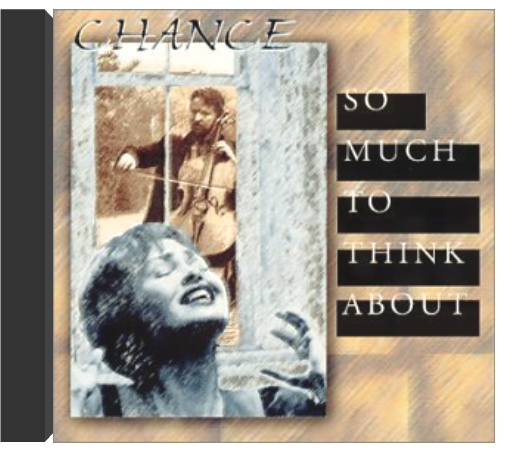 So Much To Think AboutChance So Much To Think AboutChance Chance is one of the only voice and cello duos in the world. This duo is comprised of Ed Willett (cellist/singer/songwriter) and Cheryl Leah (vocalist/songwriter/poet). This collection of originals reflects very well the primary style of Chance, which has as its focus the wedding between two icons of power, the cello and the human voice. The album also contains some guitar cuts and some humorous material. 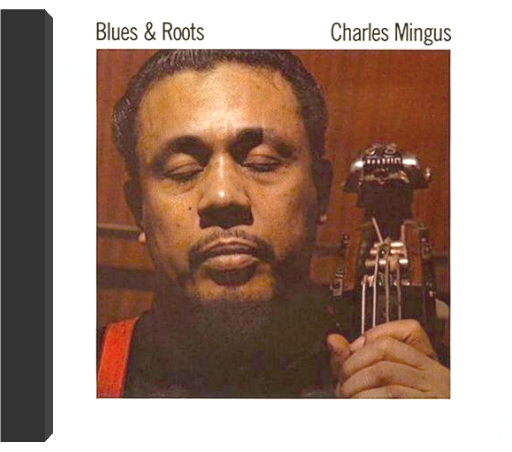 Blues & RootsCharles Mingus Blues & RootsCharles Mingus Bassist Charles Mingus was always ready for a good fight. In the liner notes to this disc, Mingus says he wanted to respond to critics who said he didn't swing enough. And reply he did. Mingus gave whoever these absurd quibblers were some of the most ecstatic blues ("Moanin'" and "Cryin Blues"), gospel ("Wednesday Night Prayer Meeting") and Dixieland ("My Jelly Roll Soul") the jazz world has ever heard. Along with his striking original compositions, the instrumental combination in Mingus's nonet remains unconventional: the frontline included four saxophonists and two trombonists without the counterweight of a trumpeter. The leader's sliding octave bass lines and percussive slaps are totally rollicking, and the wild abandon in the group's playing is irrepressible. —Aaron Cohen 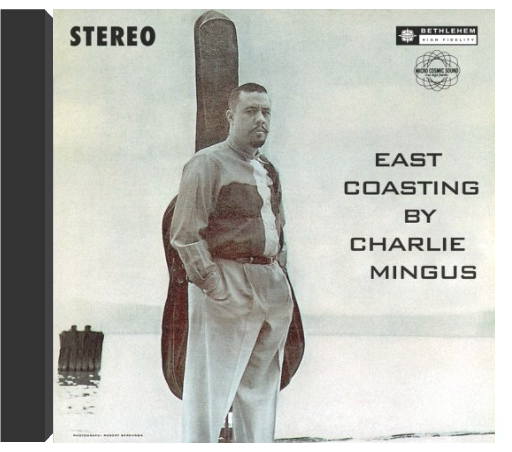 East CoastingCharles Mingus East CoastingCharles Mingus The composer and bass player Charles Mingus recorded East Coasting for Bethlehem in 1957, in between such classics as Tijuana Moods (RCA) and Mingus Ah Um (Columbia). In addition to featuring an early version of "Celia," along with some numbers he never recorded again, East Coasting is notable for the presence of pianist Bill Evans, who briefly worked for Mingus before joining Miles Davis for the landmark Kind Of Blue. |
 Made with Delicious Library
Made with Delicious Library

